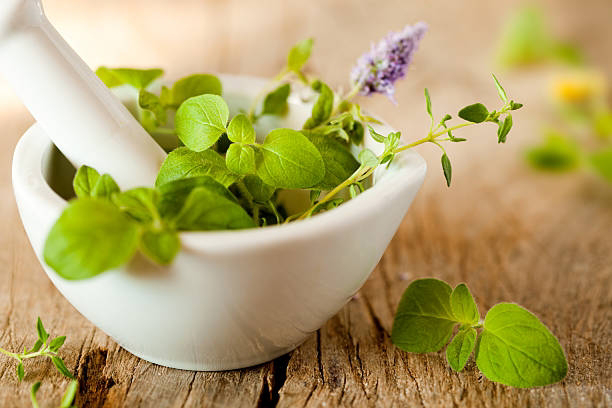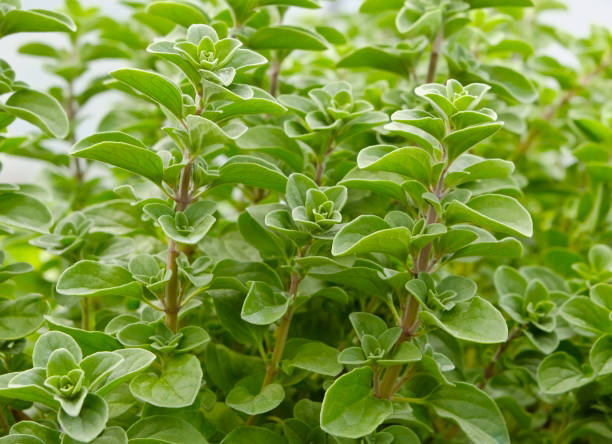Don't underestimate the delicate marjoram! This unassuming herb packs a surprising punch – from its ancient uses as a symbol of happiness to its potential for relaxation and even moth-repelling abilities.
Dive into 12 fascinating facts about marjoram and discover why this little plant deserves a bigger role in your life, from your kitchen to your garden and maybe even your spa day!
-
More Than Just Pizza Spice: Marjoram, known for its subtle oregano-like flavor, boasts a hidden talent – it's a calming companion! Ancient Greeks used it in baths to promote relaxation, and modern research suggests its essential oil may ease anxiety and promote restful sleep.
-
A Culinary Shapeshifter: Don't be fooled by its delicate appearance. Marjoram's flavor profile adapts to its culinary companions. Paired with strong herbs like rosemary, it adds a subtle sweetness. But alongside lighter ingredients like fish or vegetables, marjoram takes center stage, offering a warm, peppery note.
Aromatic Ally of Antiquity: Marjoram's fragrance wasn't just for relaxation in ancient times. Egyptians used it in embalming rituals, believing its pleasant scent would accompany the deceased into the afterlife. Romans, on the other hand, valued it for its culinary prowess, incorporating it into stews and sauces.
Beyond the Herb Garden: While prized for its culinary and medicinal purposes, marjoram also finds a surprising use in the world of beverages. In some regions, it's used to infuse liqueurs and even beers, adding a gentle herbal complexity to these drinks.
A Friend to Butterflies and Bees: Marjoram's delicate white flowers aren't just a feast for the eyes. Their sweet nectar and fragrant oils attract a colorful cast of pollinators. Butterflies and bees flock to marjoram, ensuring the herb's survival and contributing to a healthy and thriving ecosystem.
The Essence of Relaxation: Modern science is catching up to ancient wisdom. Studies suggest marjoram's essential oil, rich in calming compounds, may be effective in reducing muscle tension and promoting relaxation. A few drops diffused in the air can create a tranquil atmosphere.
A Gentle Giant: Despite its diverse applications, marjoram is a relatively low-maintenance herb. It thrives in well-drained soil and with moderate watering, making it a beginner-friendly addition to any herb garden.
Versatile Companion: Marjoram pairs exceptionally well with a range of other herbs, including oregano, thyme, and parsley. This harmonious blending allows for creative culinary experimentation, adding a unique depth to your dishes.
A Natural Moth Repellent: Marjoram's essential oil isn't just calming for humans; it can deter pesky moths too! Placing sachets filled with dried marjoram near clothes or pantry staples might help keep these unwelcome guests at bay.
Symbol of Happiness: In some cultures, marjoram is associated with joy and well-being. Its presence in garlands and bouquets signifies happiness and good fortune, adding a touch of symbolic beauty to celebrations.
Beyond the Mediterranean: While often associated with Mediterranean cuisine, marjoram also finds a home in Middle Eastern and North African dishes. Its warm, herbal notes add depth to stews, tagines, and even meat rubs.
Sun-Kissed Secret: The more sunshine marjoram receives, the stronger its flavor becomes. Planting it in a sunny spot unlocks its full aromatic potential, ensuring the most delicious results in your culinary creations.






